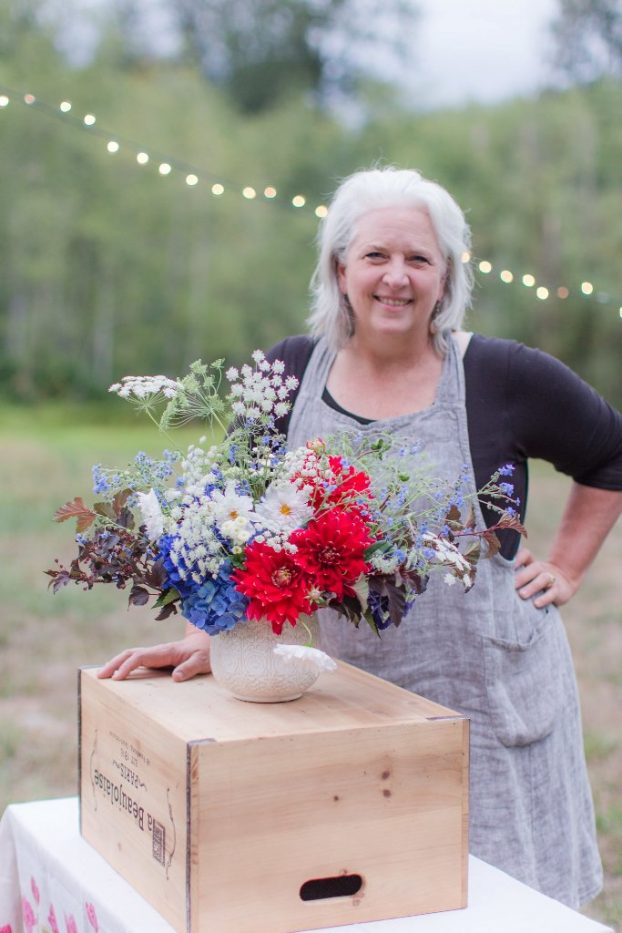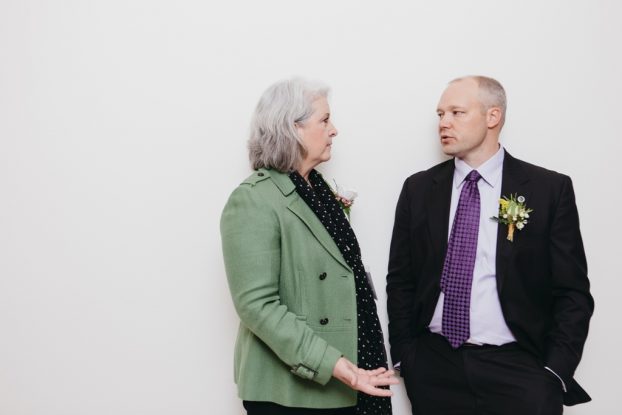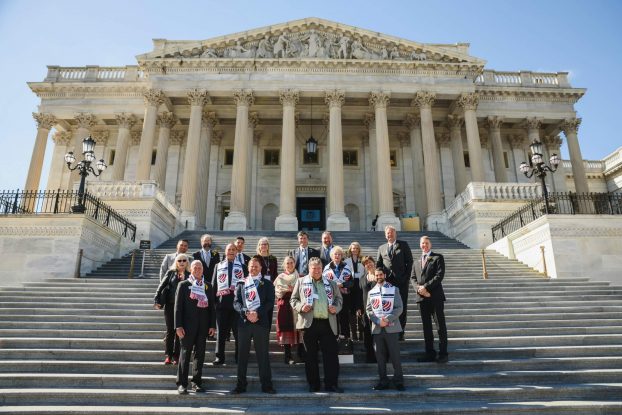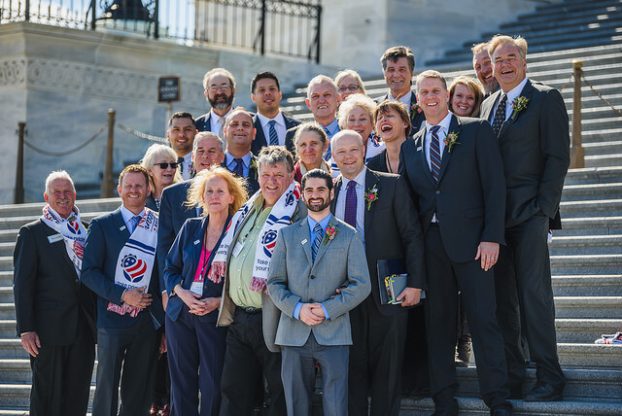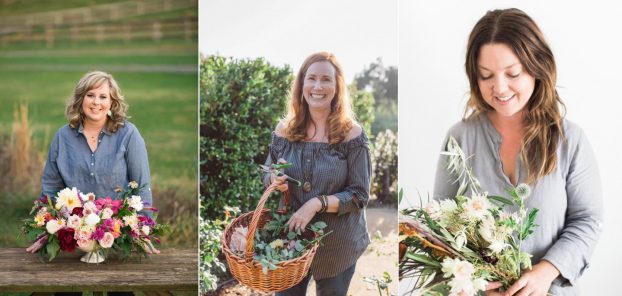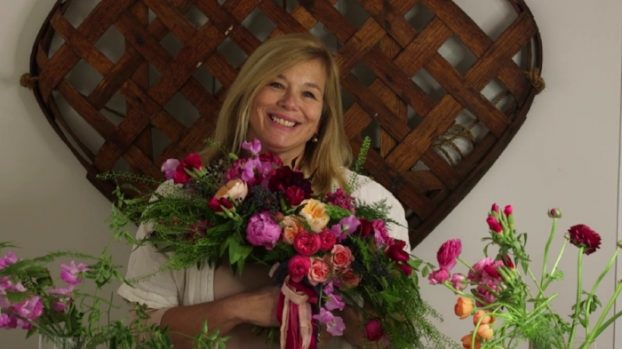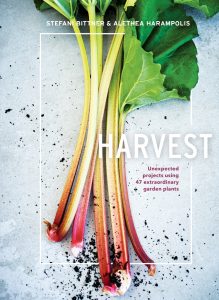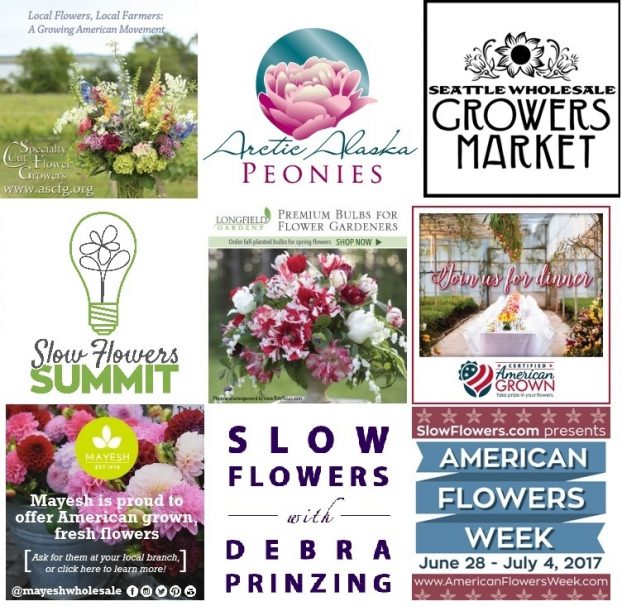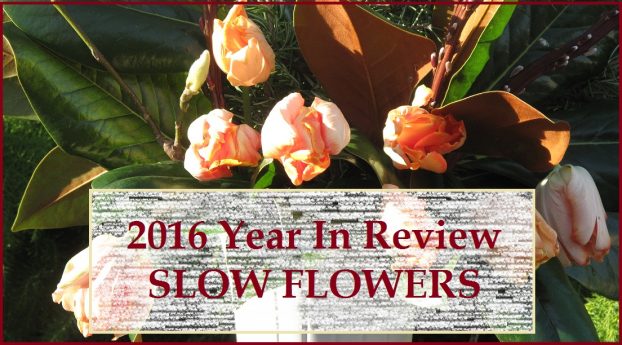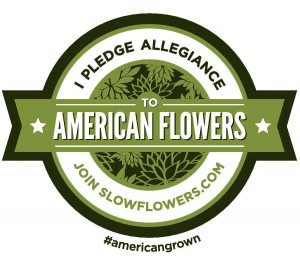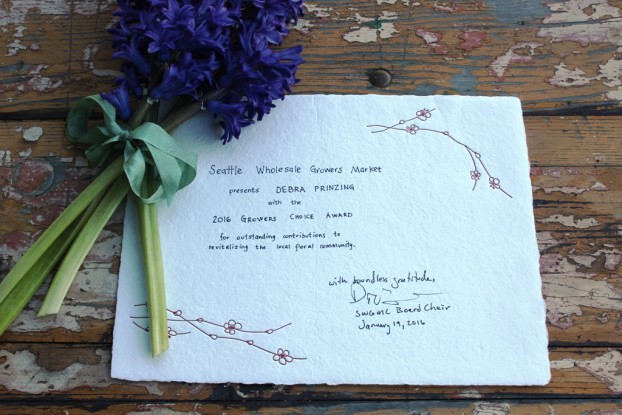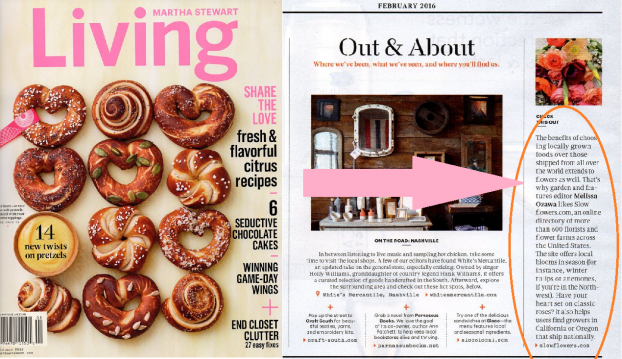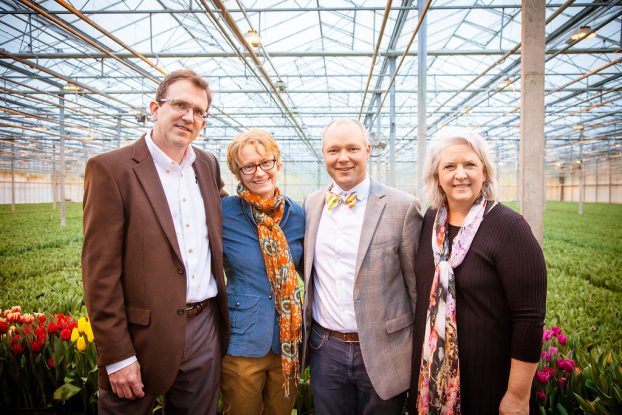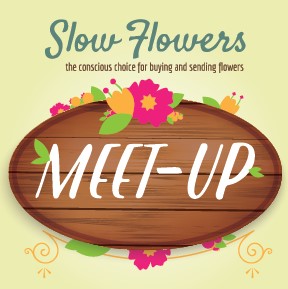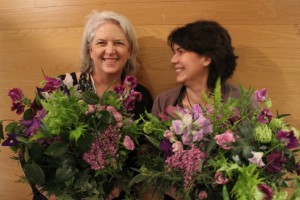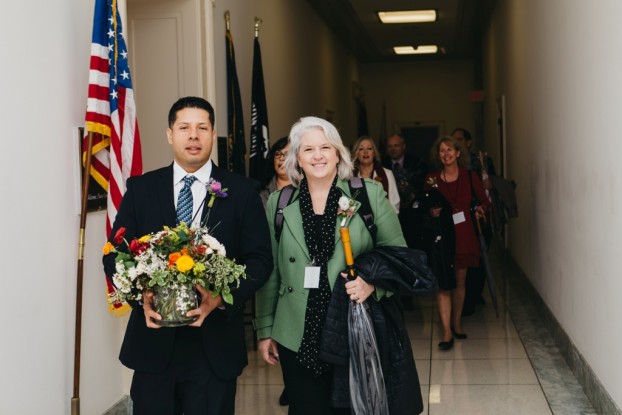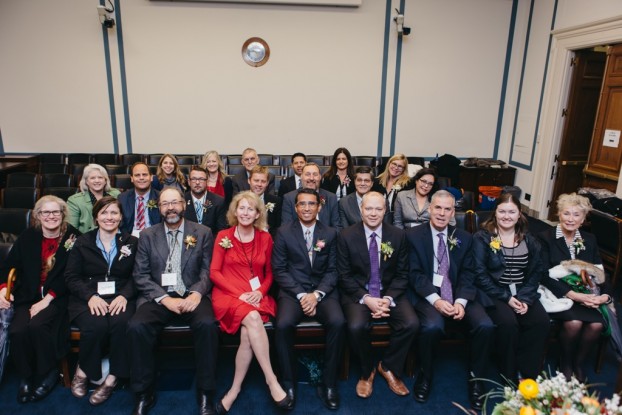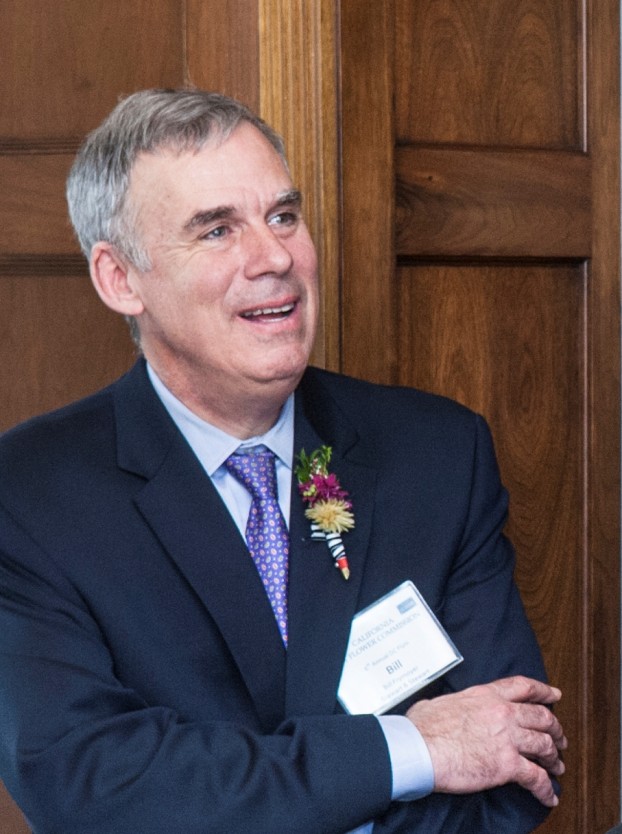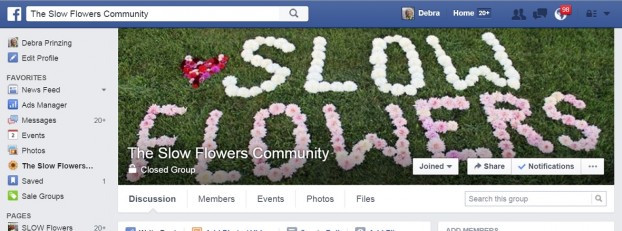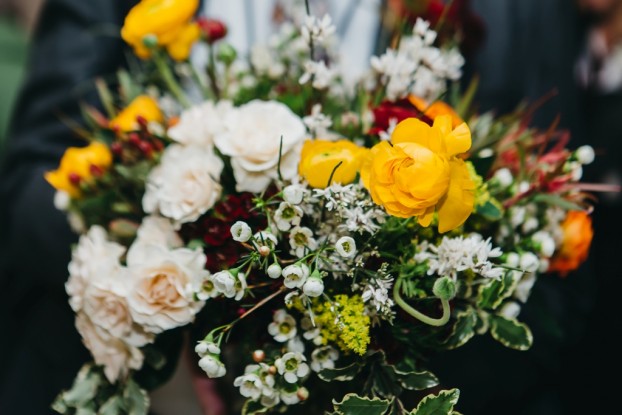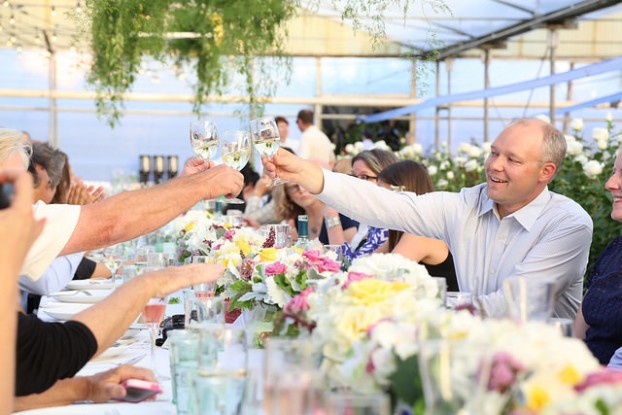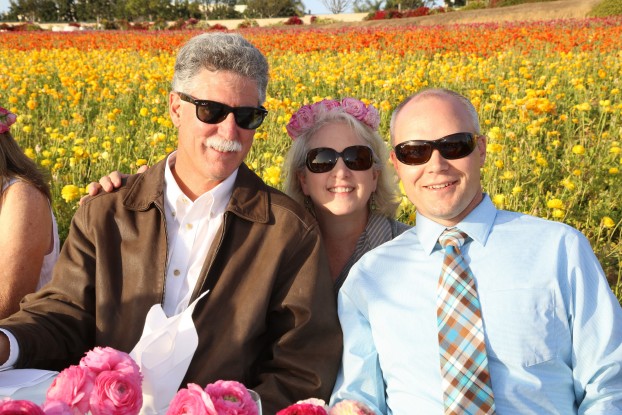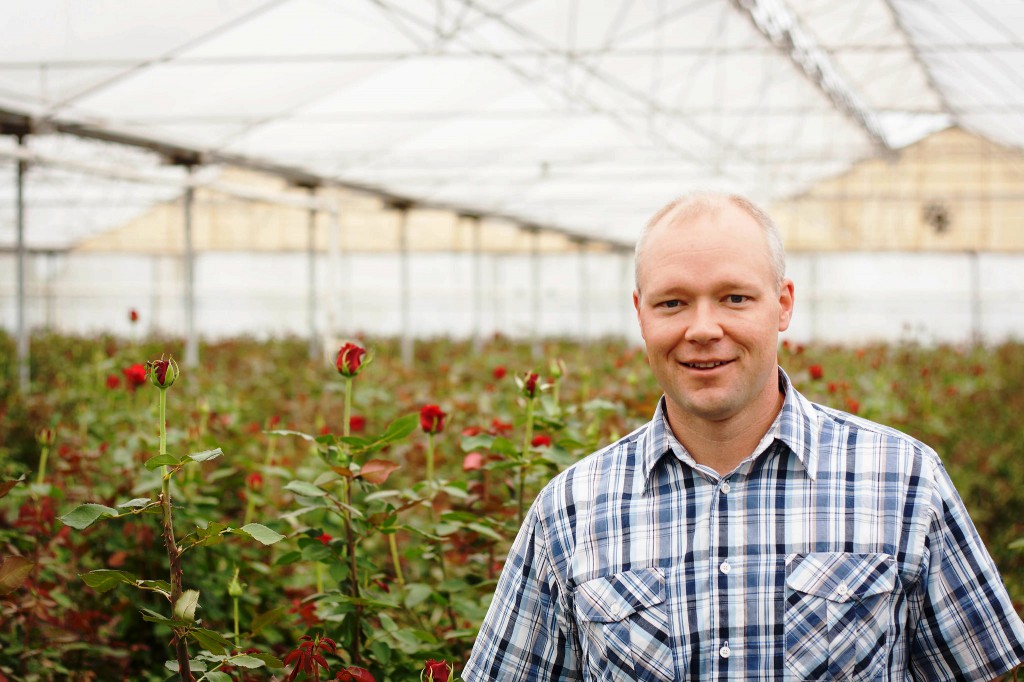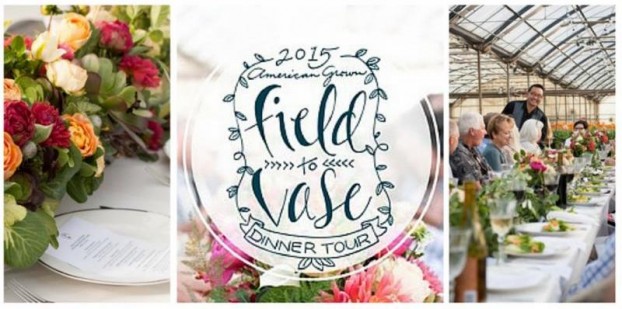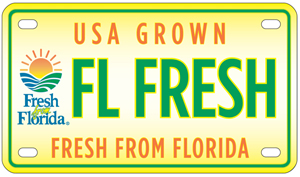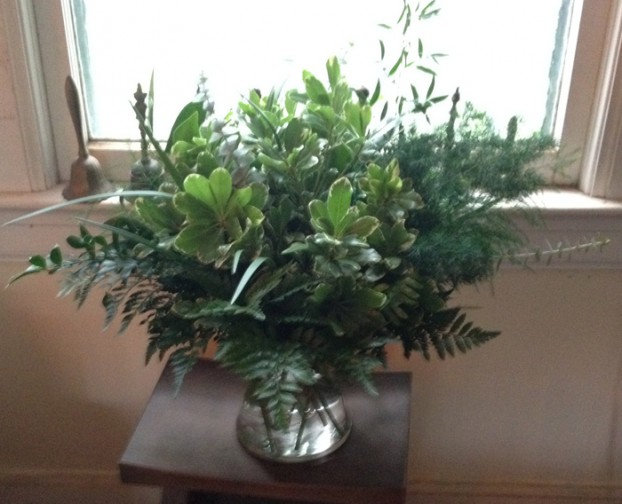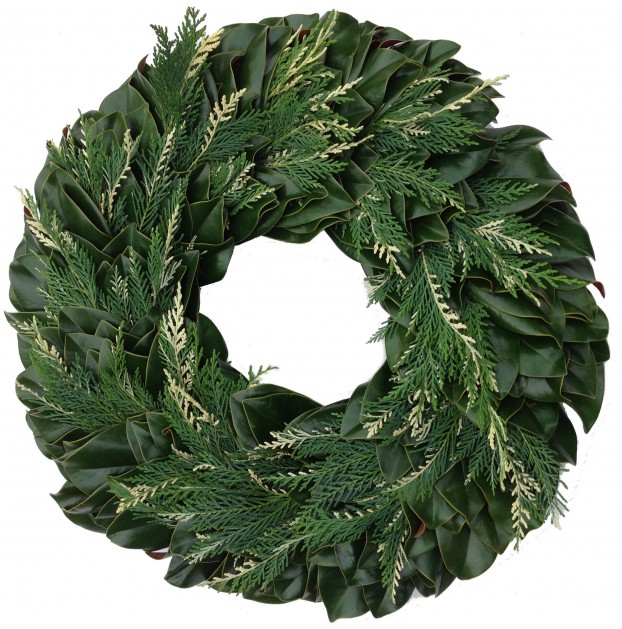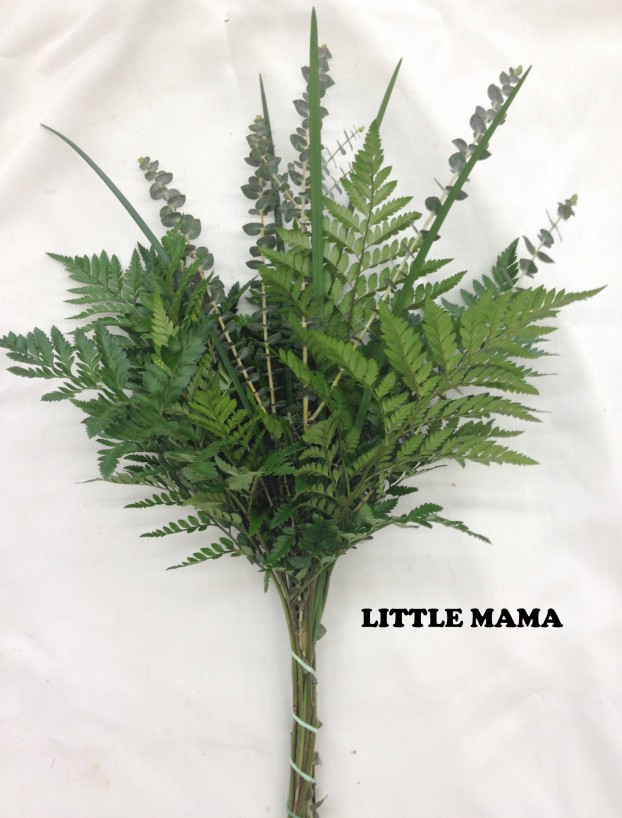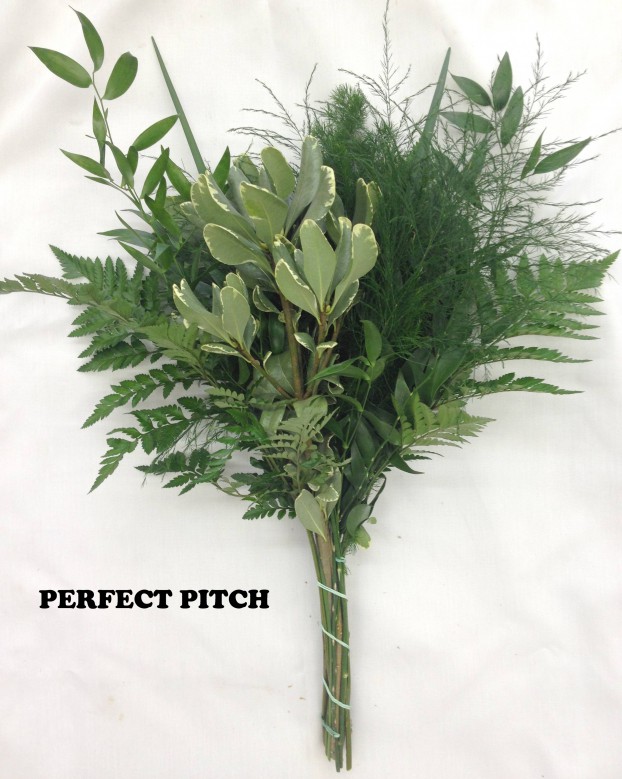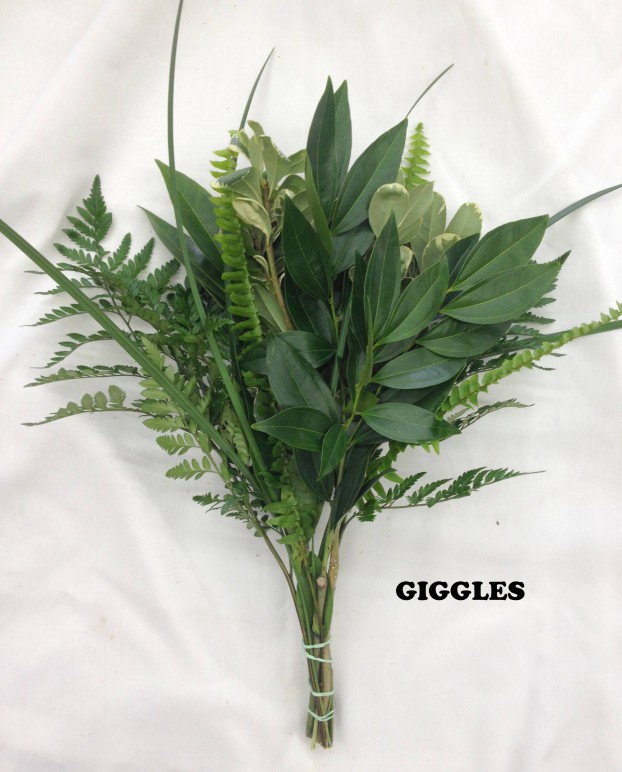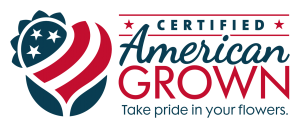Podcast: Play in new window | Download
Subscribe: Apple Podcasts | Podcast Index | RSS | More
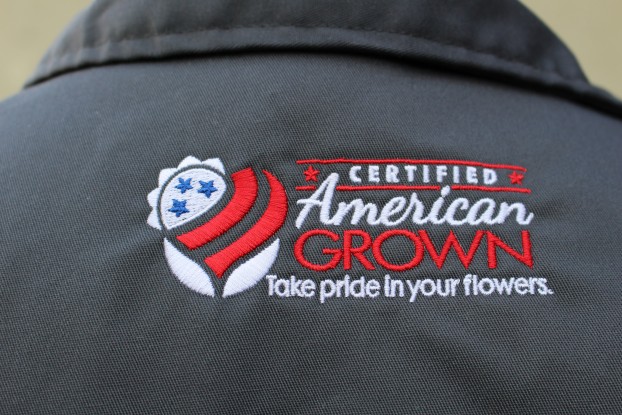
Efforts of Kasey Cronquist and others have led to the creation of this very special national brand for domestic flowers.
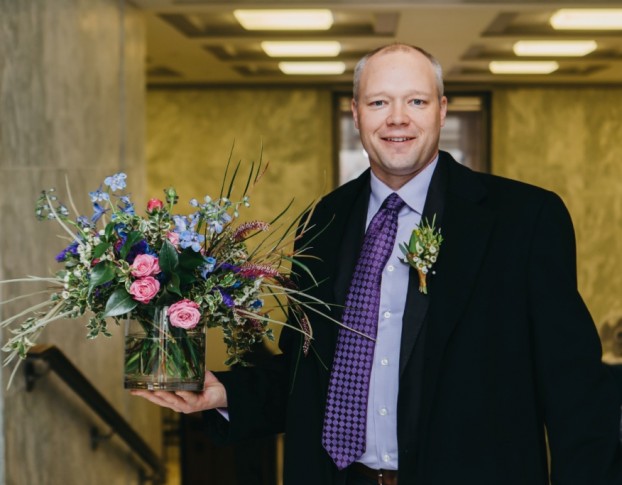
Does this look like a man who loves flower? Kasey Cronquist, Administrator of Certified American Grown labeling program.
Today we catch up with past guest of this Podcast, Kasey Cronquist of the Certified American Grown Program, which also produces the Field to Vase Dinner Tour, now in its third year.
Full disclosure, as you heard at the top of this show, Certified American Grown is a Slow Flowers sponsor and in the past I’ve participated as both an unpaid industry volunteer and a paid communications consultant on various projects . . . dating back to the initial launch of Certified American Grown in 2014.
The updates I asked Kasey to share with us today are timely and newsworthy and I hope will bring you up to speed on this emerging program for labeling millions of stems of flowers and foliage grown in the U.S.
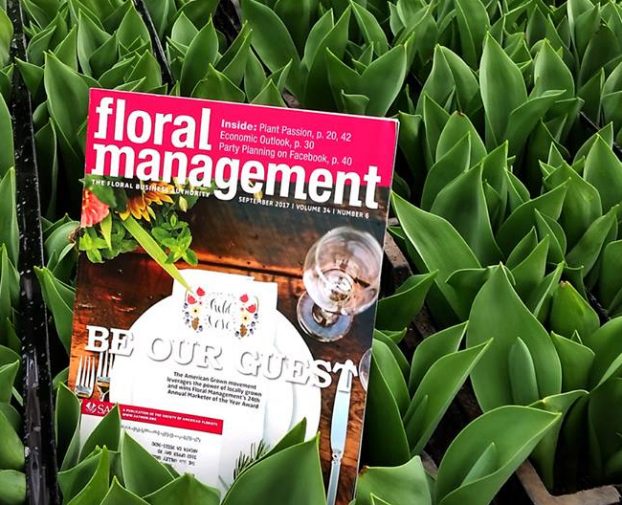
SAFs Floral Management magazine put the Field to Vase Dinner Tour on its cover as part of the Marketer of the Year Award announcement.
And there’s some exciting news about a recent major award that the Field to Vase Dinner Tour just received. The Society of American Florists named the Field to Vase Dinner Tour “Marketer of the Year” for 2017.
Kasey and I sat down to record this interview when we were both in attendance at the October 8th Field to Vase Dinner Tour held at Hope Flower Farm in Waterford, Virginia, the farm owned by farmer-florist Holly Chapple and her husband Evan Chapple. It was a beautiful event and you can read more here about her farm, the beautiful decor and the historic barn where we all gathered at trestle tables underneath three magnificent floral chandeliers.
Here are links to past interviews I have conducted with Kasey:
Episode 107 (Septmeber 18, 2013)
Click here to learn more about the Certified American Grown labeling program — including details on how your flower farm can get involved.
Thanks so much for joining us today! As Kasey and I discuss, the final Field to Vase Dinner of 2017 takes place this weekend, on November 18th at Fern Trust in Seville, Florida.
And soon, the lineup of venues will be announced for 2018. You can sign up here to receive announcements and more details about next year’s tour.
 The Slow Flowers Podcast has been downloaded more than 253,000 times by listeners like you. Thank you to each one of you for downloading, listening, commenting and sharing. It means so much.
The Slow Flowers Podcast has been downloaded more than 253,000 times by listeners like you. Thank you to each one of you for downloading, listening, commenting and sharing. It means so much.
If you value the content you receive each week, I invite you to show your thanks and support the Slow Flowers Podcast with a donation — the button can be found on our home page in the right column. Your contributions will help make it possible to transcribe future episodes of the Podcast.
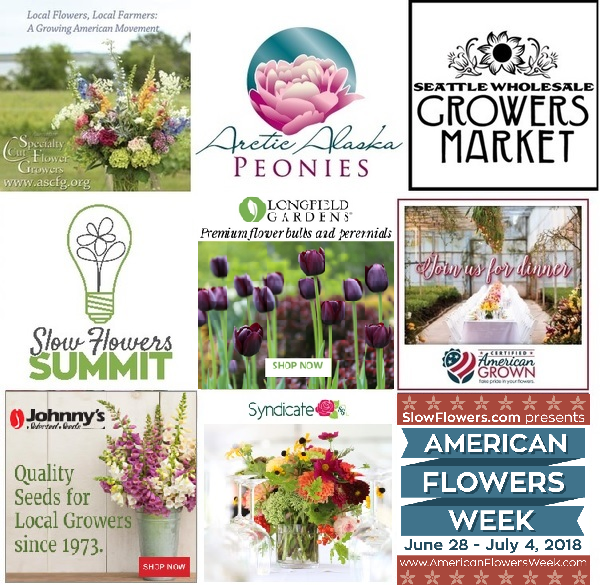 Thank you to family of sponsors
Thank you to family of sponsors
Arctic Alaska Peonies, a cooperative of 50 family farms in the heart of Alaska providing high quality, American Grown peony flowers during the months of July and August. Visit them today at arcticalaskapeonies.com
Seattle Wholesale Growers Market, a farmer-owned cooperative committed to providing the very best the Pacific Northwest has to offer in cut flowers, foliage and plants. The Growers Market’s mission is to foster a vibrant marketplace that sustains local flower farms and provides top-quality products and service to the local floral industry. Find them at seattlewholesalegrowersmarket.com
Longfield Gardens provides home gardeners with high quality flower bulbs and perennials. Their online store offers plants for every region and every season, from tulips and daffodils to dahlias, caladiums and amaryllis. Visit them at longfield-gardens.com.
Syndicate Sales, an American manufacturer of vases and accessories for the professional florist. Look for the American Flag Icon to find Syndicate’s USA-made products and join the Syndicate Stars loyalty program at syndicatesales.com.
Johnny’s Selected Seeds, an employee-owned company that provides our industry the best flower, herb and vegetable seeds — supplied to farms large and small and even backyard cutting gardens like mine. Check them out at johnnysseeds.com.
Association of Specialty Cut Flower Growers. Formed in 1988, ASCFG was created to educate, unite, and support commercial cut flower growers. It mission is to help growers produce high-quality floral material, and to foster and promote the local availability of that product. Learn more at ascfg.org.
I’m Debra Prinzing, host and producer of the Slow Flowers Podcast. Next week, you’re invited to join me in putting more American grown flowers on the table, one vase at a time.
And If you like what you hear, please consider logging onto Itunes and posting a listener review.
The content and opinions expressed here are either mine alone or those of my guests alone, independent of any podcast sponsor or other person, company or organization.
The Slow Flowers Podcast is engineered and edited by Andrew Brenlan. Learn more about his work at KineticTreeFitness.com.









